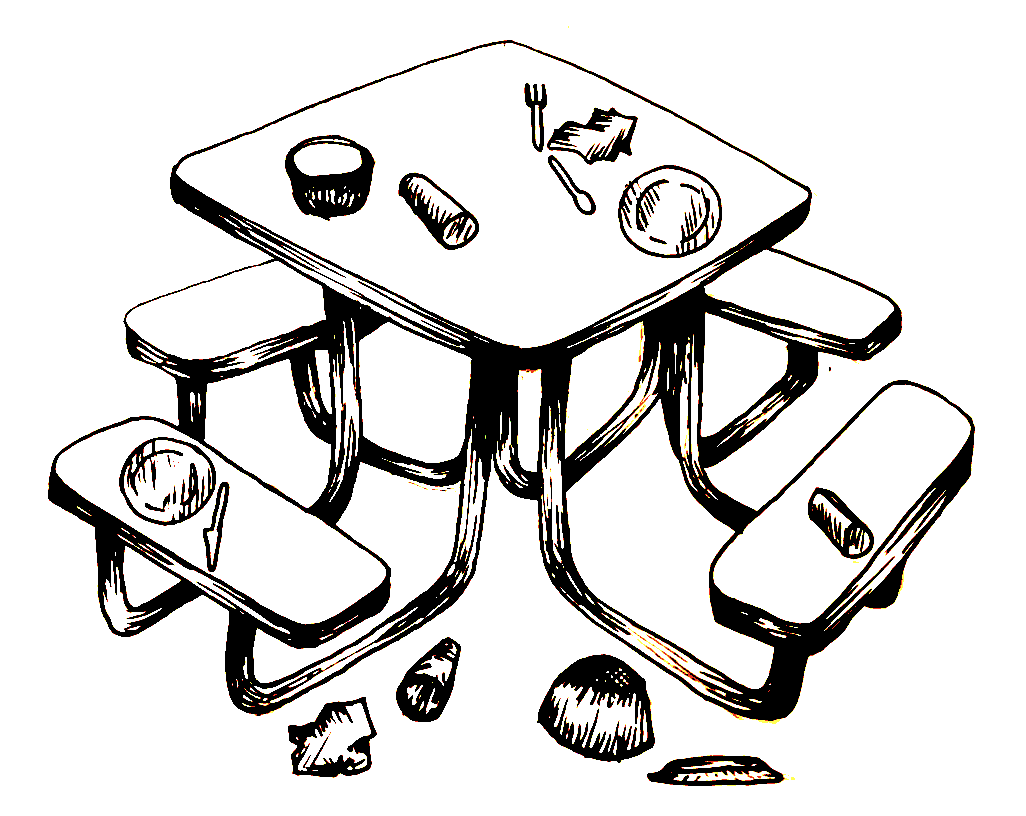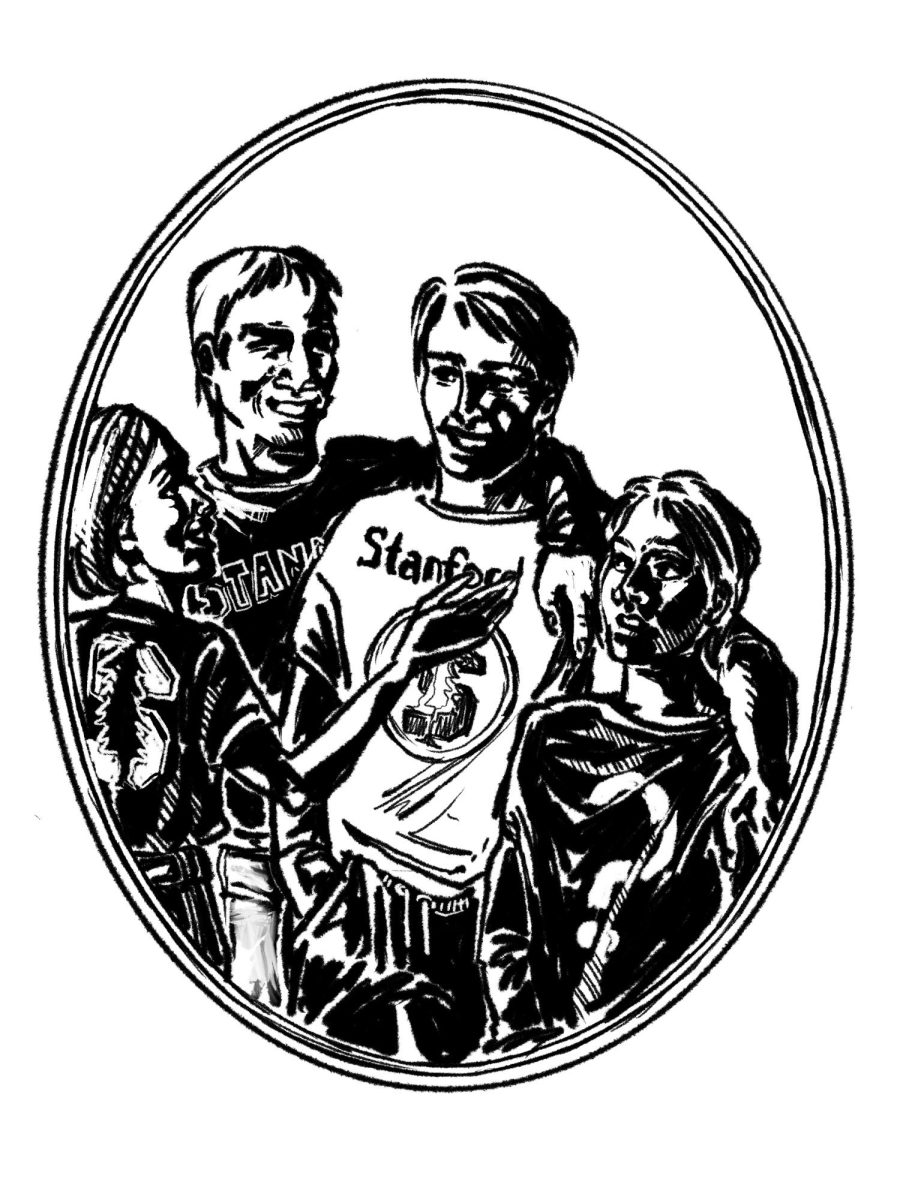Palo Alto alumni reflect and share insight on mental illness issues. Suicides have plagued the Palo Alto High School (campus shown above) and other local schools in past years. Creative commons image from David Sawyer on Flickr.
By Kaitlyn Tom
On Jan. 19 Palo Alto High School alumnae Julia Tachibana and Taylor Parker Chiu spoke to students at a lunch time discussion in Martin Family Hall about suicide and mental health.
Tachibana told students about how the loss of her brother has impacted her life. “In 2003, my younger brother actually took his life,” Tachibana said. “He was one of the Palo Alto suicides.”
Tachibana used her experience with her brother’s suicide in order to help others, especially during the suicides that occurred in 2009-10. Initially, Tachibana was hesitant to provide help at first. “I really struggled with: ‘do I say something or not?’ […] Each family, each situation is different, [and] you really can’t lump it all together,” Tachibana said.
However, Tachibana decided to help not only the families affected, but also the entire community. Tachibana organized “Dear Palo Alto,” an event where students could express their feelings. “As I heard about the first suicides, I […] wanted to put together an event that kind of allowed students to pour out their grief, but also kind of what gives them hope as well,” Tachibana said. “I invited high school students to come and sing and dance or just do anything that expressed their feelings, so it was a really good outlet, and that was kind of my first step into mental health advocacy.”
Taylor Parker Chiu spoke about her suicide attempt when she was in high school. “In high school I was your kind of stereotypical high achieving honors student. […] I just had a lot going on and freshman year I attempted suicide. […] I had undiagnosed depression, and I think I was just extremely tired, fatigued, like really deeply fatigued, and stressed out, and I just didn’t know how to cope and didn’t know how to tell anyone that I was struggling,” Chiu said.
Chiu also spoke about how people who are suicidal are often stereotyped. “Your typical suicidal person doesn’t have to be wearing all black. […] I was very involved in the school. I had a good friend group, I laughed a lot, I still did well in my classes,” Chiu said. “It’s just that I had this underlying dissatisfaction with my life and this feeling that my life is barreling forward and I had no control over what was happening to me.”
Chiu’s road to recovery began when she started to speak about her experience. “I had just gone through a breakup […and] I called Taylor and I was crying and she was just a friend to me. And Taylor, for whatever reason, decided to tell me about her high school experience,” Tachibana said. “I think that helps you realize that ‘oh, this thing happened.’”
For students who are struggling in similar situations as Chiu and Tachibana, Upper School Counselor Tracy Bianchi suggests reaching out to others. “[We] want to emphasize the importance of including adults and or professionals to help with targeted next steps to keep [a] student safe. The goal being safety, of course, but also actively working through the deep sadness, depression, or hopelessness with another,” Bianchi said. “Every single student holds significant importance, meaning and attachment for so many. Each of us bear the attachment of layers upon layers of care, empathy, comfort, and true significance for one another.”








